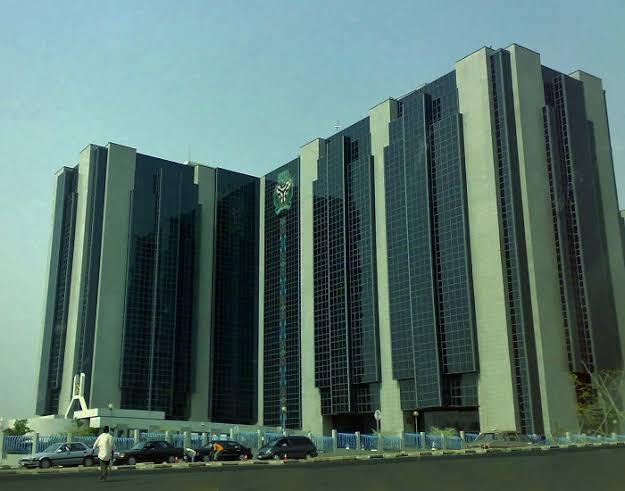By NIyi Jacobs
Nigerian banks are making significant strides in raising core capital to meet the Central Bank of Nigeria’s (CBN) new paid-in capital requirements, Fitch Ratings has noted. This progress is driving a recovery in capitalisation following the naira devaluation while fueling business expansion.
The strong investor appetite for capital raisings has diminished the likelihood of widespread mergers and acquisitions (M&A) in the sector, Fitch said in its latest commentary. With a third-quarter 2026 deadline set by the CBN, most Fitch-rated banks are on track to comply through equity injections rather than consolidation.
Banks Advancing Capital Plans
Access Holdings and Zenith Bank have already secured sufficient capital to retain their international licences, meeting the N500 billion requirement. First HoldCo, United Bank for Africa (UBA), and Guaranty Trust Holding Company are taking a phased approach, recently raising capital and obtaining shareholder approval for additional rounds.
Fidelity Bank and FCMB Group, which need to raise significantly more capital relative to their balance sheets, are considering options, including licence downgrades. Meanwhile, Ecobank Nigeria and Jaiz Bank have achieved compliance with relatively minor capital injections, although Ecobank still faces a capital adequacy ratio (CAR) shortfall.
Stanbic IBTC Holdings, Union Bank of Nigeria (UBN), and third-tier banks have been slower to complete their capital plans. Fitch analysts predict M&A activity will be more concentrated among smaller banks, as larger institutions secure their positions.
Impact on Banking Stability
The capital raisings are helping banks rebuild buffers against economic volatility, regulatory risks, and further naira fluctuations. While these developments may not immediately trigger credit rating upgrades, they could lead to positive outlook revisions for some banks.
Fitch maintains that the consolidation of Nigeria’s banking sector remains less likely than initially anticipated, with most banks successfully raising funds independently. However, smaller institutions that struggle to meet capital requirements may still face mergers, acquisitions, or licence downgrades.














